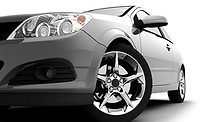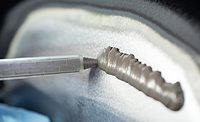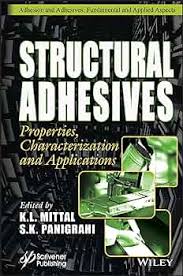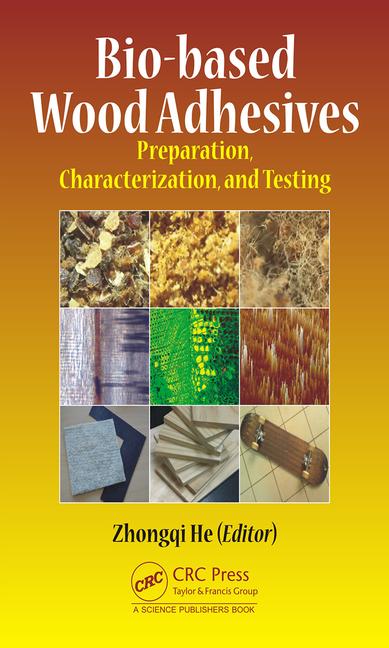Henkel and RLE Use Epoxy-Based Structural Foam to Demonstrate Lightweighting Potential in Hybrid Automotive Body Parts
Fiber-reinforced polymer components with structural foam ribbing and reinforcements can save more than 40 kg of weight per car vs. conventional all-metal designs.

In a joint study, Henkel and RLE International have examined and validated the potential of high-performance structural foam for lightweighting in automotive body and closure parts. The study has revealed that fiber-reinforced polymer components with structural foam ribbing and reinforcements can save more than 40 kg of weight per car vs. conventional all-metal designs.
Body components and especially closures have always been in the focus of lightweighting in automotive engineering, since they form some of the biggest parts of vehicles. Even one tenth of a millimeter in thickness can mean several kilos in overall weight, with subsequent effects on fuel, electrical power consumption, and carbon emissions. In most modern cars, however, the engineering limit on thickness and steel grades are definitely a challenge, so further thickness reductions can create problems in meeting the required mechanical strength and crash protection.
“In a radical new approach, we investigated the possibilities of overcoming these constraints by replacing traditional all-metal designs with hybrid fiber and structural foam reinforced polymer solutions,” said David Caro, head of Global Engineering, OEM Design, Automotive & Transportation at Henkel. “The results of our study have confirmed that we can achieve significant further weight reductions without compromising the safety in typical crash scenarios by optimizing the stiffness of fiber reinforced plastic frames or carriers with selective foam ribbing and reinforcements, with competitive costs.”
The hybrid parts feature a solid frame or carrier molded in higher percent fiber-reinforced polymers (FRPs) and selective reinforcements using Henkel’s Teroson EP structural foam, a commercially available epoxy-based material that delivers high strength and stiffness at low weight. The foam is injected into the carrier at predefined sections, expands in the e-coat oven and creates a stiff connection between the hybrid component and adjacent parts in the body-in-white.
Non-cured, it is resistant to normal automotive washing and phosphating solutions, as well as to electro-dip coating. Curing then takes place within 15 min or less, depending on the specific foam grade.
The comprehensive project included all major body and closure parts of an SUV vehicle, from the bumpers, fenders, pillars and doors to the rocker panel, side panels and tailgate.
“The final designs were arrived at in several consecutive optimization cycles based on extensive finite-element engineering and crash simulations in line with standard specifications,” said Tobias Wigand, project manager for New Business Development with RLE International. “In some cases, such as the side doors, our hybrid structural plastic and foam solution was even capable of exceeding the expected performance when compared with the initial all-aluminum design.”
The crash simulations performed in the study adhered to international automotive standards, such as offset and small overlap frontal crash testing according to the European New Car Assessment Programme (Euro NCAP) and the Insurance Institute of Highway Safety (IIHS) at speeds of 64 and 50 km/h, respectively. The side (or “pole”) crash performance was tested according to U.S. NCAP specifications at 32 km/h. The rear-impact scenario was simulated with a 60 km/h moving barrier onto a fixed test vehicle as defined by U.S. Federal Motor Vehicle Safety Standard (FMVSS) No. 301. Another IIHS test standard was applied to establish the roof crush behavior.
According to Henkel, the hybrid designs with its Teroson EP structural foam were found to pass all these tests well within the limits of deformation and intrusion, while offering substantial weight savings vs. conventional all-metal components. Henkel and RLE International are offering their hybrid structural design technology as an encompassing joint approach from concept to launch and series production, ensuring the process security and sustainability of all development, engineering, and material processes. Each design is fully engineered and optimized for all pertinent crash load cases according to customer specifications and applicable industry standards.
For more information, visit www.themobilityalliance.co.
Looking for a reprint of this article?
From high-res PDFs to custom plaques, order your copy today!








